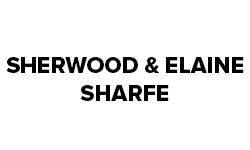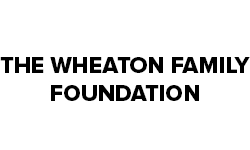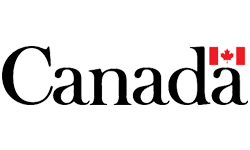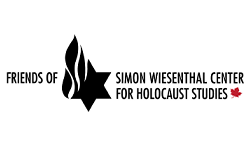Part C
Inquiry Resources
- Democracy Watch – democracywatch.ca
- Take Action: A Guide to Active Citizenship (Kielburger)
- Service-Learning: From Classroom to Community to Career (Watkins and Braun)
- Active Citizenship: Student Action Projects (Case, Falk, Smith and Werner)
- The Complete Guide to Service Learning: Prove, Practical Ways to Engage Students in Civic Responsibility, Academic Curriculum, and Social Action (Kane)
- The Kid’s Guide to Social Action: How to Solve the Social Problems You Choose – And Turn Creative Thinking Into Positive Action (Lewis)
- Weday.com
- Upworthy.com
- The Rise of the Occupy Movement (R.O.V.E.R.)
- BC Teacher’s Federation
- Canadian Teacher’s Federation
- Teaching for Peace
- Canadian Civil Liberties Association
- Fighting Anti-Semitism Together (FAST): http://www.fightingantisemitism.ca/
- Voices into Action: http://www.voicesintoaction.ca
Cross Curricular Connections
“If students are to become lifelong learners, develop a sense of self and connection to others, and become engaged citizens and achieve the Cross-curricular Competencies and the outcomes for English language arts, students require meaningful, authentic contexts for learning. Students need many opportunities to explore questions and concerns about themselves and about the world.”
The Concentus Citizenship Education Resources provide teachers with a framework of inquires with which to further students’ explorations of their roles and responsibilities as Canadian citizens, in authentic contexts. These inquiries are directly connected to Social Sciences (History, Native Studies, Social Studies) foundational outcomes and the broad goals of learning identified above. Specific connections to English Language Arts and Treaty Education are identified and suggested as starting points for teachers.
English Language Arts B10 (Unit 1):
Contexts/Themes
Equity and Ethics (Who and What is Right?; Empowerment; Degrees of Responsibility; Rights and Responsibilities; Justice and Fairness)
Essential Questions
- What are some of the factors that create inequalities? How have inequalities shaped our world?
- What is my role and responsibility in addressing inequalities?
- What is the relationship between rights and responsibilities?
- Who decides what is right? Why should we do the right thing? How can I act on the right thing?
- How does one become an ethical person?
English Language Arts B10: (Unit 2):
Contexts/Themes
The World Around and Within Us (Perspectives; Diversity of Being; The Natural and the Constructed Worlds; Individuals and Communities; Stewardship)
Essential Questions
- What are our relationships and responsibilities to the communities and environments of which we are a part? How are we related to and responsible for natural and constructed environments? For technology?
- Why is it important to be in touch with the world?
- The world is a difficult text: how can we read it and respond to it critically?
- How can I have a positive influence upon my world?
- How must we show respect and care for the community of life?
Treaty Education
- TR10: Examine contemporary economic implications of Treaties for all the people of Saskatchewan and other Canadian jurisdictions.
- SI10: Analyze the spirit and intent of Treaties and investigate the extent to which they have been fulfilled.
- HC10: Investigate opportunities and challenges faced by First Nations and the Government of Canada in relation to governance issues.
- TPP10: Investigate issues related to resource development and Treaties.
Further Investigation Suggestions
- Have students assume the historical persona of someone in the position to be able to combat a historical injustice. Present their issue and tell how they would combat the issue. Identify why the outcome would be different.
Glossary
© 2024 Concentus Citizenship Education Foundation Inc. All Rights Reserved.









